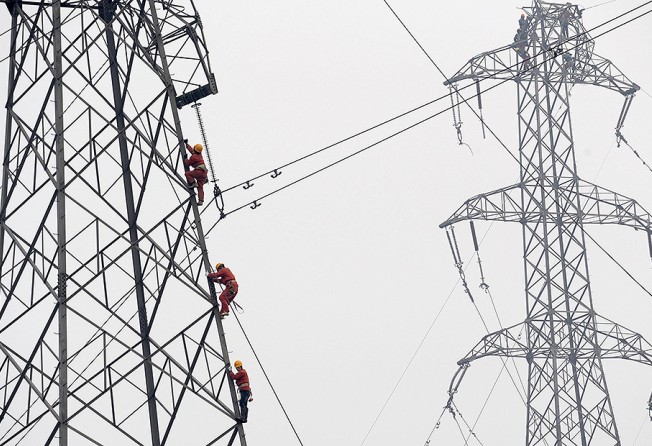Hong Kong must consider wider impact of its energy choices
Simon Ng says Hong Kong's efforts to select a greener fuel mix should consider not just its effect on the city but also the wider region

As part of the government's three-month public consultation on Hong Kong's fuel mix for electricity generation, two options have been put forward for discussion.
The "grid purchase" option would see Hong Kong import enough electricity from the China Southern Power Grid to meet roughly 30 per cent of its needs by 2023. Alternatively, it will rely mainly on local power generation, as before, but natural gas will become the primary fuel in the mix, reaching 60 per cent of the total in 2020, from the current level of just over 20 per cent.
This second option isn't much of a surprise; Hong Kong would be expected to replace coal with gas for electricity generation to cut pollution, while keeping the share of nuclear energy more or less unchanged.
Tariffs will definitely go up, as gas is more expensive than coal, but this is the price many people are now willing to pay for cleaner air and fewer greenhouse gas emissions.
The "grid purchase" proposal, however, has triggered a lot of debate. It is fair to say that connecting Hong Kong with the neighbouring power grid in mainland China would bring some benefits in terms of potential access to clean energy sources like renewables, greater flexibility in managing fluctuations in demand, as well as meeting future increases in local electricity more quickly.
Nevertheless, people are concerned about the supply reliability of China Southern Power Grid, and the cost of meeting the reliability levels expected here.
Some people have also asked whether Hong Kong will be able to have a say in purchasing electricity with a specific fuel mix, such as with a higher proportion of clean energy or with no nuclear power. These are all legitimate questions that deserve answers from the government.
This last question about the fuel mix of the electricity supply Hong Kong would receive points to another important issue, related to regional air quality and carbon intensity. Whichever option we choose, it is highly likely that Hong Kong will see a reduction in its local air pollutant emissions and carbon intensity from electricity generation.
However, it's not certain whether Guangdong would see the same reductions. Under the "grid purchase" option, China Southern Power Grid would probably have to generate more electricity. However, the consultation document does not make clear whether the additional electricity would be produced from renewables, nuclear or coal.
Both Hong Kong and Guangdong are stepping up their emission control efforts to achieve their air pollutant emission reduction targets for 2015 and 2020, announced jointly in November 2012.
In light of the worsening air pollution problems in mainland China, the State Council last September issued an action plan on the prevention and control of air pollution, which is putting additional pressure on places like Guangdong and its energy sector to reduce coal consumption and to increase the supply of clean energy.
As a responsible neighbour living in the same airshed, Hong Kong should consider the impact of its fuel mix on the air quality and carbon intensity in the entire region, rather than just cleaning up its own house.
Simon Ng is chief research officer at Civic Exchange